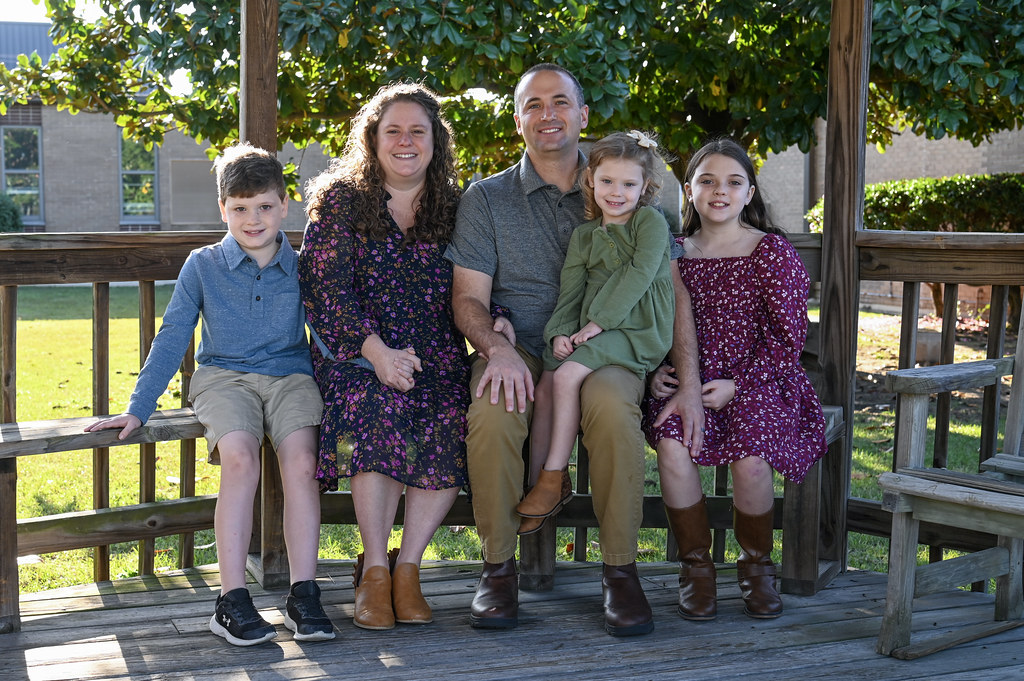
When you’ve accumulated more wealth than you could ever possibly spend, the question isn’t “how much can I spend?” it’s “how do I make this count?” For wealthy retirees, choosing what to retain, what to donate, and what to leave behind is as much a matter of values as it is of dollars. The proper strategy can safeguard your lifestyle, motivate your heirs, and support causes you’re passionate about without keeping you guessing.

1. Preserve Your Financial Safety Net
Despite $11 million in resources, health care and longevity expenses can tip the balance. Close to 70% of retirees will require some type of long-term care, and for women, the rate is 3.7 years typically at a median expense of $11,000 monthly for a private nursing home room.

Medicare won’t pay for custodial care, so planning methods such as long-term care insurance, hybrid life policies with LTC riders, or Health Savings Accounts can maintain your core wealth for your own use. As Kaylee Ranck, PhD, states, “Planning proactively means preserving choices and a sense of control.”

2. Determine How Much Is “Enough” for Your Children
Warren Buffett has been quoted as saying he wanted to leave his children “enough so they could feel they could do anything, but not so much so they could do nothing.” For some, that is $1–2 million per child, while for others it may be more. The principle is to align the gift to your children’s level of maturity, their values, and where they are in life. Giving them too much too early can destroy motivation or even facilitate unhealthy habits. Structured inheritances can weigh out assistance with autonomy.

3. Utilize Trusts to Craft Your Legacy
Revocable trusts offer flexibility during your lifetime, while irrevocable structures like dynasty trusts can preserve wealth for generations. A dynasty trust can hold cash, investments, real estate, or business interests, shielding them from creditors, divorce, and excessive taxation. “A dynasty trust can shape family values,” says attorney Matthew Wiley, “whether by limiting wasteful spending or encouraging meaningful experiences.” Incentive provisions like funding education or matching earned income can keep beneficiaries engaged and purposeful.

4. Take Advantage of Donor-Advised Funds for Convenient Giving
To increase philanthropy without the administrative burden of a private foundation, a donor-advised fund (DAF) is a convenient solution. You’ll enjoy an upfront tax deduction, tax-free growth possibility, and the flexibility to recommend grants over time. DAFs also facilitate anonymous giving and can accept cash, appreciated stocks, or even illiquid assets such as real estate.

5. Match Philanthropy to Your Values
The most fulfilling giving is individualized. If it’s mental health, climate action, or arts education, select causes that speak to you deeply. Look into “gifts of experience” in your lifetime supporting a child’s social venture, sponsoring a conservation effort, or establishing a writer’s retreat. Not only do these make an impact, but they also allow you to see the outcomes directly.

6. Engage Your Heirs in the Process
Estate planning is not merely paperwork it’s conversation. Open family discussions can regularize conversations about money, explain your reasoning, and diminish future discord. Legacy letters can articulate your wishes in writing, explaining how you acquired your wealth and what you wish it to do. Engaging heirs in giving decisions through a DAF or family foundation can instill empathy, strategic thinking, and responsible stewardship.

7. Guard Against Family and Emotional Risks
Wealth has a tendency to make things complicated in relationships. There are parents who disinherit children because of addiction, estrangement, or simply because they’re self-sufficient financially. In these situations, trusts can help without enabling self-destructive habits or risking disability benefits. For spendthrift inheritors, using a corporate trustee and imposing conditions on distributions can protect property while still providing significant assistance.

8. Combine Financial and Emotional Rewards
Your “era of accumulation” might be in the past, but your era of impact is only just starting. Blending planned inheritance, intentional philanthropy, and hands-on engagement can transform wealth into a living legacy. As one advisor described it, the intention is to give your children and your community “something far more valuable than money alone: clarity, purpose, and a foundation on which to build a life of meaning.”


